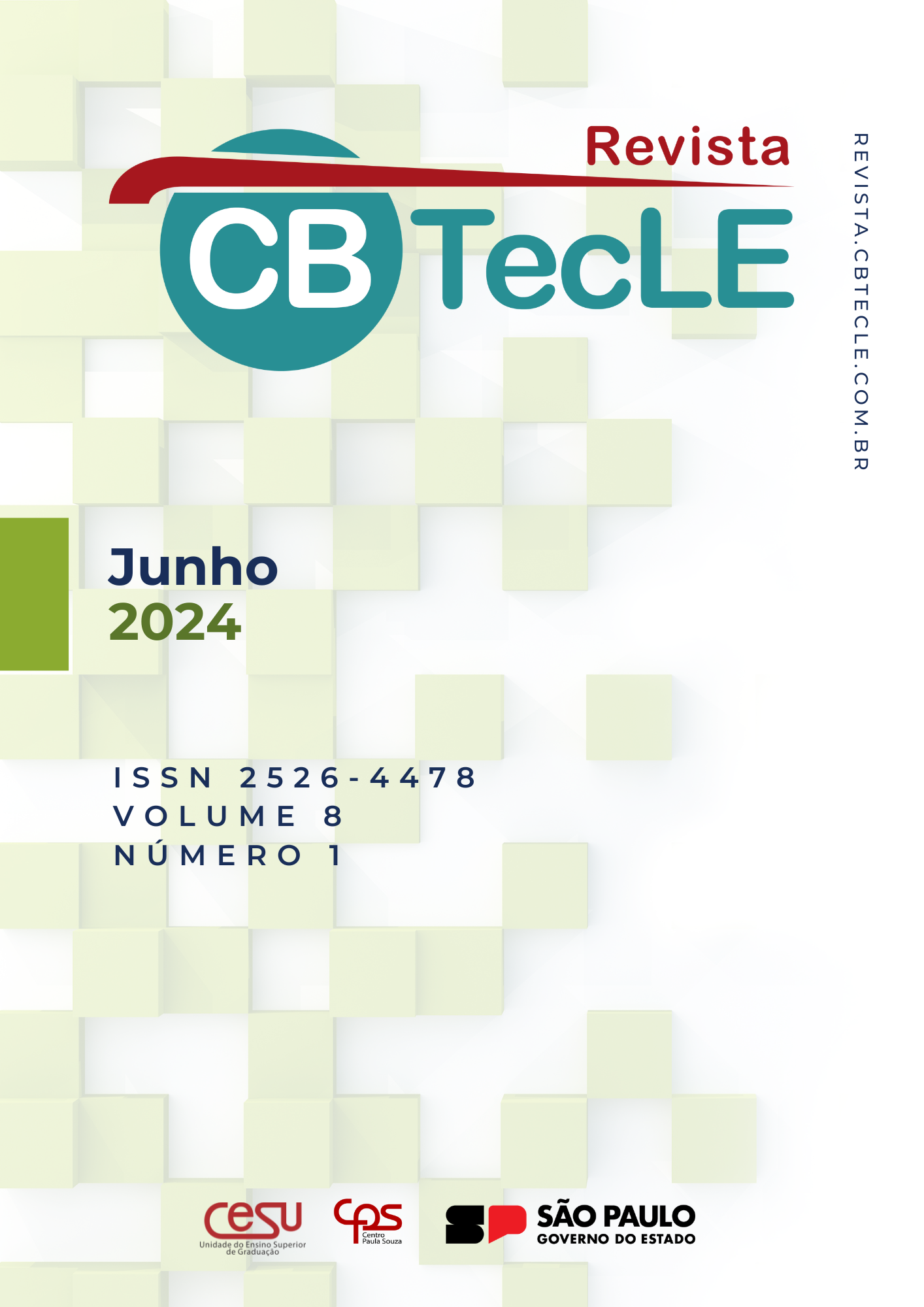THE INTERPRETATIVENESS OF THE IMAGINARY FORMATION IN THE THERAPY SESSION
Keywords:
imaginary formation, therapy session, discourse analysisAbstract
This article aims to interpret the importance of communication in psychotherapy according to the concept of imaginary formation and its possible implications for meanings and how these are constructed in this therapeutic space, as well as aiming to train therapists in the appropriation of a discourse analysis "tool" for their practice. In order to understand these relationships, we undertook a descriptive examination of communication and how the concept of imaginary formation, derived from Discourse Analysis, can be considered operational in the psychological practice of therapy. In order to make this journey possible and make it both more perceptible and more fruitful, we bring excerpts from three literary works that deal with the therapy session as the setting in which their narratives unfold, in order to observe how imaginary formation works. The works are: "Lies on the couch" (YALOM, 2006), "Stories on the couch" (ROLÓN, 2008) and "Therapy session" (VARGAS, 2013). Among some of the results obtained from this endeavor are the necessary conditions for leaving the plane of theoretical abstractions and turning to the interpretative application of imaginary formation in situations close to those experienced by countless therapists in their offices.
References
ARISTOTELES. Poética. Trad. Baby Abrão. São Paulo: Editora Nova Cultural, 2004.
BENVENISTE, E. Problemas de linguística geral I. Trad. Maria da Glória Novak e Maria Luisa Neri. 5ª ed. Campinas, SP: Pontes, 2005.
BORDENAVE, J. E. D. O que é comunicação. São Paulo: Brasiliense, 2006.
CÂMARA Jr. J. M. Dicionário de linguística e Gramática. 25ª ed. Petrópolis, RJ: Vozes, 2004.
DUBOIS, J. et al. Dicionário de linguística. Trad. Izidoro Blikstein. 20ª ed. São Paulo: Cultrix, 2006.
GIDDENS, A. Política, sociologia e teoria social: encontros com o pensamento clássico e contemporâneo. Trad. Cibele Saliba Rizek. São Paulo: Editora UNESP, 2011.
GRINBERG, L. P. Jung: o homem criativo. São Paulo: FTD, 1997.
FOUCAULT, M. Microfísica do poder. Trad. Roberto Machado. 25 ed. São Paulo: Graal, 2012.
JAKOBSON, R. Linguística e comunicação. Trad. Izidoro Blikstein e José Paulo Paes. 22ª ed. São Paulo: Cultrix, 2010.
LAPLANCHE, J.; PONTALIS, J-B. Vocabulário da psicanálise. Trad. Pedro Tamen. 7 ed. São Paulo: Martins Fontes, 1983.
ORLANDI, E. P. Análise do discurso: princípios e procedimentos. 12 ed. Campinas. SP: Pontes, 2015.
MARTINET, A. Elementos de linguística geral. Trad. Jorge Morais-Barbosa. 4ª ed. Lisboa: Livraria Sá da Costa, 1972.
MAY, R. O homem à procura de si mesmo. Trad. Aurea Brito Weissenberg. 4ª ed. Petrópolis, RJ: Editora Vozes, 1973.
PÊCHEUX, M. Análise automática do discurso. ln: GADET, F.; HAK, T. (org.). Por uma análise automática do discurso: uma introdução à obra de Michel Pêcheux. Trad. Bethania S. Mariani et al. 4. ed. Campinas, SP: Editora da Unicamp, 2010, p. 75-116.
ROLÓN, G. Historias de diván. 9ª ed. Buenos Aires: Planeta, 2008.
SOARES, T. B. Percurso linguístico: Conceitos, críticas e apontamentos. Campinas, SP: Pontes Editores, 2018.
SOARES, T. B. 1969, o ano que não terminou: o acontecimento da análise do discurso. In: BUTTURI JUNIOR, Atilio; BRAGA, Sandro; SOARES, Thiago Barbosa (org.). No campo discursivo: teoria e análise. Campinas, SP: Pontes Editores, 2020a, p. 167-185.
SOARES, T. B. Concisa apresentação da linguística: um panorama da gramática comparada à pragmática. São Paulo: Pimenta Cultural, 2020b.
VARGAS, J. Sessão de terapia. São Paulo: Arqueiro, 2013.
YALOM, I. D. Mentiras no divã. Trad. Vera de Paula Assis. Rio de Janeiro: Ediouro, 2006.



